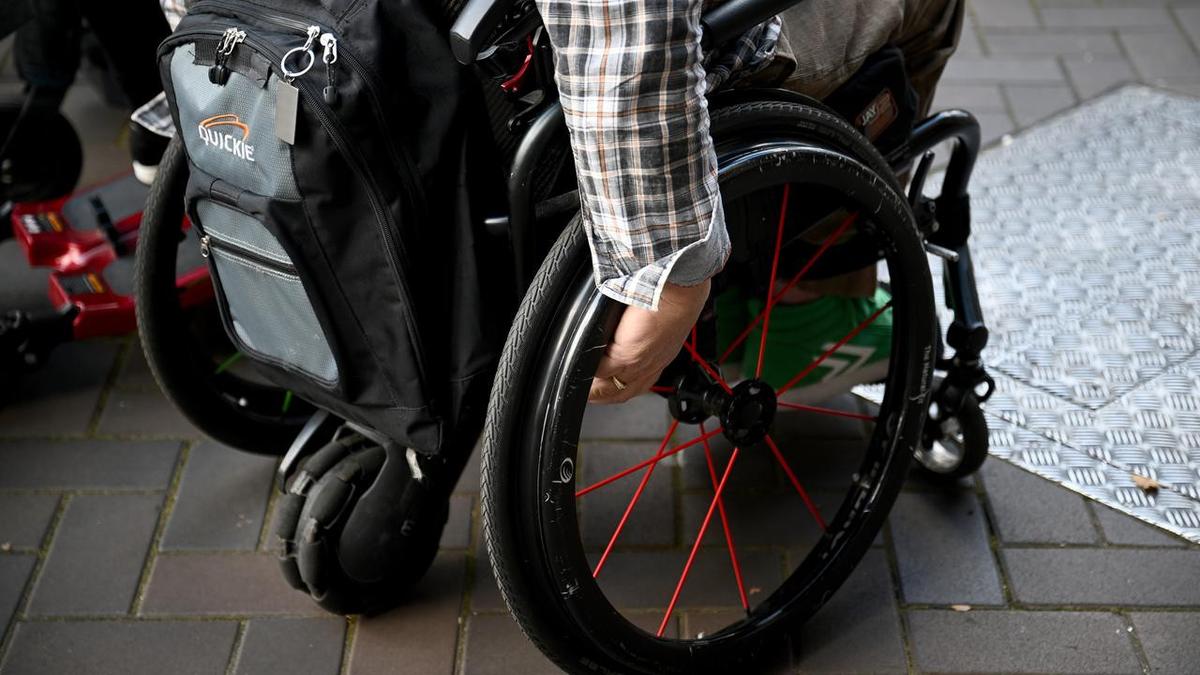
Many adults struggle with the lasting effects of emotionally immature parenting, as illustrated by the experiences of individuals like Bianca. During a therapy session, she described the unpredictability of her father’s moods, reflecting a childhood filled with anxiety and emotional chaos that continues to influence her life today.
Bianca, now 35 and successful in her career, recalls how her father’s unpredictable behavior left her perpetually bracing for an emotional storm. “Sometimes I’d just hear the tone of his voice and my body would start buzzing,” she explained. The toll of this dynamic manifests in various ways, with Bianca detailing how missed calls from her father could leave her unravelled for hours.
The concept of emotional maturity involves the ability to manage one’s feelings effectively. Adults capable of this can communicate their emotions constructively and offer support to others. In contrast, emotional immaturity is characterized by self-absorption, reactivity, and a lack of insight into one’s emotional state. Such traits in a parent can lead to emotional neglect and unpredictable reactions, leaving children to navigate a turbulent emotional landscape.
Growing up with a parent who exhibits emotional immaturity creates a disorienting environment. Children learn to prioritize the feelings of others over their own, often tuning into the emotional state of their parent rather than understanding their own needs. This was a reality for Bianca, whose father’s volatility often resulted in confusion and self-doubt.
When Bianca spoke about her father’s behavior, she recalled the distress she felt when he left angry voicemails after she missed a call. “He’d scream and swear, accusing me of abandoning him,” she said. This cycle of emotional reactivity drove Bianca to silence her phone and even block her father’s number during overwhelming periods, a coping mechanism that she had to explain to him repeatedly.
The psychological impact of such an upbringing extends beyond childhood and into adult relationships. People raised by emotionally immature parents often struggle with trust, emotional regulation, and boundary-setting in their own lives. For Bianca, this meant grappling with hyper-vigilance in romantic relationships, where she found it difficult to open up due to her past experiences.
According to Carly Dober, a psychologist based in Naarm/Melbourne, emotional immaturity in parents can manifest in various harmful behaviors. These include punishing children for expressing emotions, being emotionally unavailable, or displaying defensiveness and reactivity in response to minor issues. For Bianca, her father’s frequent outbursts and dismissive behavior created a template for relationships that left her feeling disconnected from her own emotions.
In therapy, Bianca began to understand that her father’s emotional limitations were not her responsibility to manage. Together, they worked on strategies to help her reclaim her sense of agency. This included recognizing that it was not her job to soothe her father’s discomfort or to respond to his emotional demands. Learning to walk away from unhealthy interactions became a vital tool for her emotional protection.
As Bianca navigated these challenges, she discovered that healing from the impacts of emotionally immature parenting does not always require reconciliation. In some cases, distancing oneself from a family member may be necessary for mental well-being.
Bianca’s journey reflects a broader truth about the path to healing from the emotional wounds left by parents who cannot provide the support and understanding their children need. While she still works on her aversion to phone calls, she no longer flinches at notifications from her father. This marks a significant step towards her emotional independence.
The effects of emotionally immature parenting are complex and multifaceted. As individuals like Bianca continue to seek help and understanding, it highlights the importance of addressing these issues in mental health conversations. Awareness and education about the ramifications of emotional immaturity can empower individuals to break free from these cycles and foster healthier relationships in their lives.







